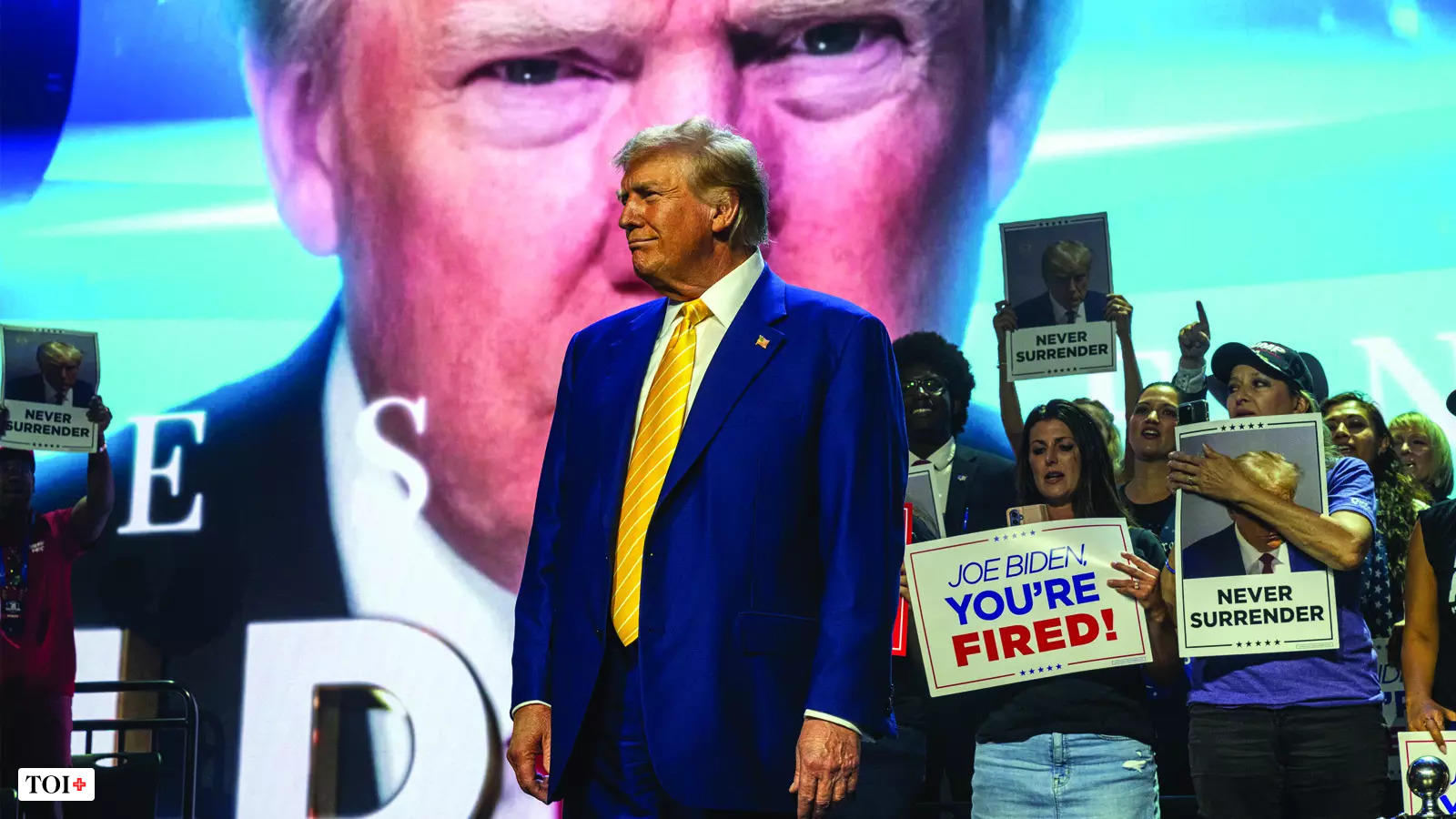Hungary has recently taken up the rotating presidency of the Council of the European Union, sparking fears about its influence on EU policy. As the president, Hungary will shape the EU agenda for six months before passing it on to Poland in January 2025.
Hungary’s Prime Minister Viktor Orban has often gone against the general flow of the EU, leading experts to worry about his country’s role in shaping EU policy. Orban’s close ties to former US President Donald Trump and his strong nationalist stance have raised concerns about Hungary’s position within the bloc. The country’s strained relationship with the EU, marked by disputes over financial aid to Ukraine and disagreements on various issues, has led to calls for Hungary’s suspension as a rotating member of the council. Despite criticism, Hungary benefits from EU membership and aims to use its presidency to promote its interests and bring change in Brussels.
The rotating presidency of the EU Council does not have decisive power in the bloc. While Hungary may aim to promote its agenda during its presidency, its ability to make significant changes is limited. The country’s agenda includes topics such as immigration, competitiveness, and defense capabilities. Despite concerns about Hungary’s potential confrontational stance, observers believe that any actions taken during the presidency may not cause irreparable damage.
However, there are limitations to what a rotating president can do while representing their country for six months. With limited influence over EU legislative work due to elections held before taking office, Hungary may struggle to block or steer discussions significantly during its time as president. The role of a rotating president is primarily symbolic and constrained by EU decision-making processes.
In conclusion, while there are concerns about Hungary’s influence on EU policy during its rotation presidency term, experts believe that these concerns may be overblown due to limitations set by both the nature of the position and recent events such as delayed legislative work due to elections.

